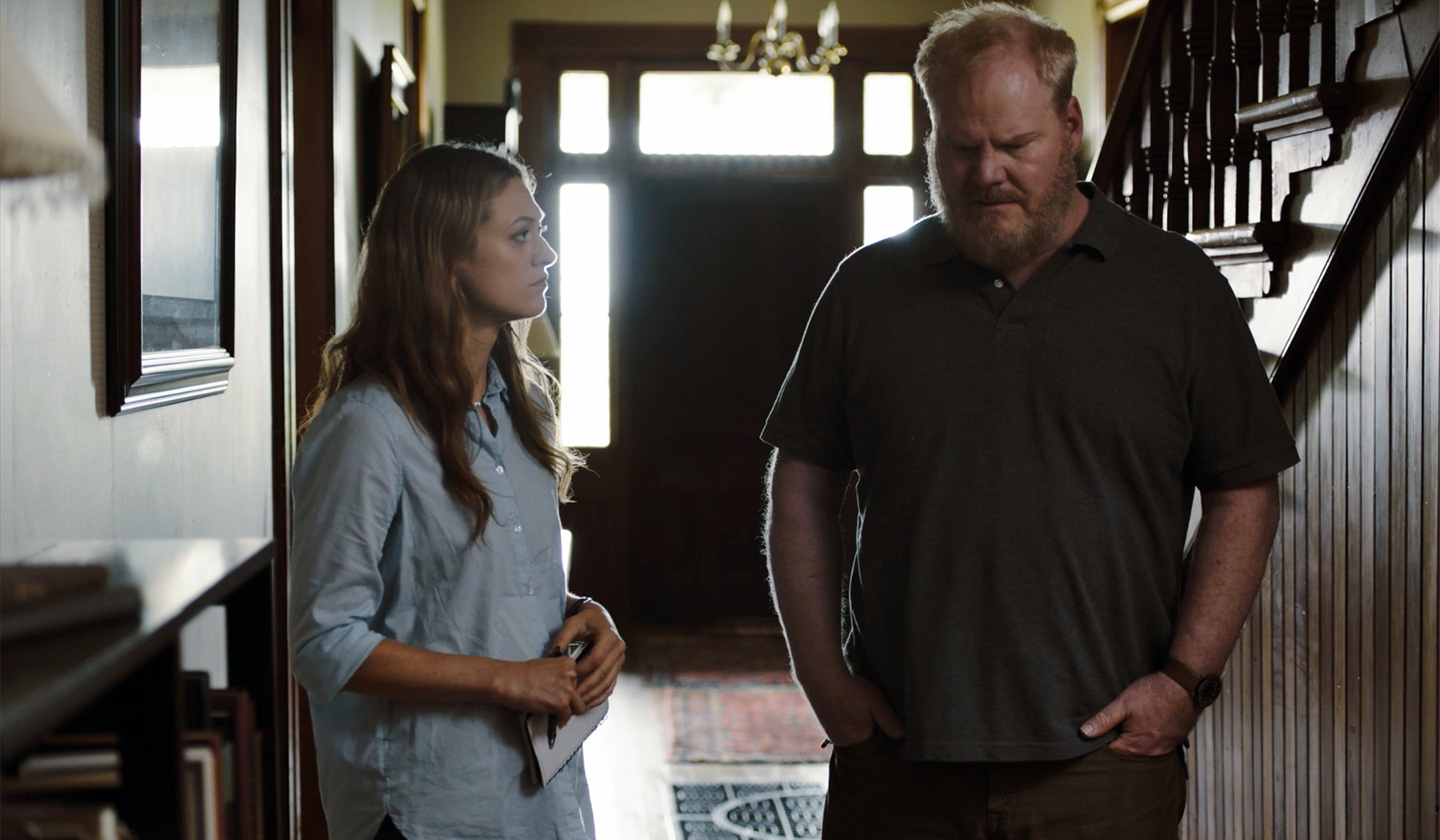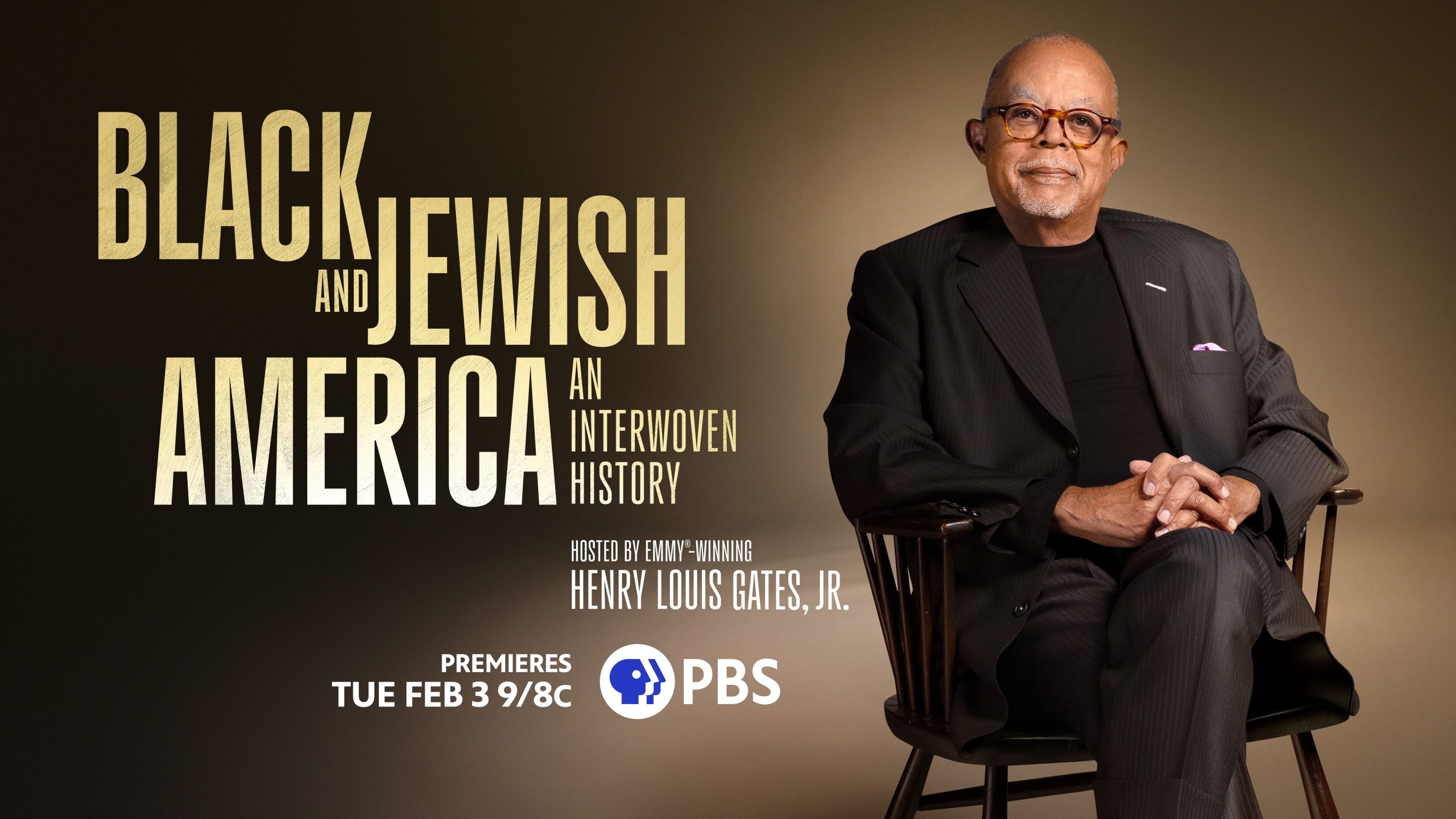
Jim Gaffigan spoke with Solzy at the Movies this week about three films appearing during the 2019 Sundance Film Festival: Them That Follow, Light from Light, and Troop Zero.
When we last spoke, You Can Choose Your Family had just premiered at SXSW. This year, you appear in a trio of films during Sundance. How thrilled are you for the opportunity?
Jim Gaffigan: It’s amazing. It’s amazing that I’ve also been kicking around long enough. I don’t want to I want to temper my expectation. You know what I mean? I always describe the entertainment industry as kind of, Come here, come here, come here. And then if you get too close, they fire you. So I’m trying to temper expectations a bit.
What can you tell us about your roles in these three films?
Jim Gaffigan: Gosh, well—I would say in the order that they kind of came up—Them That Follow was one of those things that it came up. I loved the script and I loved the idea. In there, I’m married to Olivia Coleman, which is just insane that I’m in a movie with Olivia Coleman. I’m part of this church that’s run by Walter Goggins and my son is Thomas Mann. So it’s just insane—the opportunity to act but I don’t want to give away too much because I think it would ruin the film. But Them That Follow is kind of a coming-of-age story for Thomas Mann, Alice, and Kaitlyn. It’s also one of those things about from a parent letting your kids be who they’re going to be which what Olivia and I deal with.
Troop Zero is a film where—it’s Lucy Alibur. She wrote this amazing script. It kind of came to me. I know that Viola Davis was attached and there was talk of Allison Janney. There were two roles. There was an expectation—Look, we’ve got a big name that’s probably going to get this one role. That’s the one which I eventually ended up getting. I was like, I would love to get it. I play the dad in kind of a way. He’s the riffraff’s of this trailer park—their lawyer—but he can’t seem to get paid. He earned it. He’s kind of an incompetent father and he also was abandoned by the mother of his daughter, played by Mckenna Grace. Viola Davis plays my secretary and she was actually kind of a surrogate mother.
What was so amazing about this film—which I can’t wait to see it—is that it’s a movie that deals with a lot of different things. But what I’m really excited about is it deals with class. It’s a question of people in their different classes and how we’re kind of instructed to stay. It doesn’t have the weight of the British or Indian classism in the movie. We exist in this class structure where it doesn’t matter if you’re a lawyer or whatever. Obviously race is a huge issue in America, too, so it will look at class. That’s Troop Zero. I was so glad having scenes with Allison Janney, who I worked with before. Viola Davis is one of the best.
Light From Light is this kind of a quiet classic indie. I don’t want to say classic indie because indie means a lot of different things. But when I read the script, I love the actor and I play a guy who’s a widower who is dealing with the possibility that his wife might be visiting him as she passed away. He hires a paranormal investigator and it sounds like the most cheesy topic or she subject but for poppy kind of fun movie but it’s not. It’s a very sincere thoughtful script and movie by Paul Harrill, who wrote and directed it.
I received an e-mail from Elisabeth Moss—who I worked with on Chuck—and she was like, “You’ve got to do this film. I’m producing this film and you’d be opposite Marin Ireland.” I was like, “Oh, OK.” I looked into it and did some research. Marin is one of those people that I everyone would kind of see off and on for years and always thought she was great. It was one of those films where there would be like a scene that was like 13 pages and you’re just sitting on a porch talking, which is just so fun as an actor who just kept the nuance of different chances. So we just spend one night just shooting it and maybe it was not thirteen but maybe it was eight. It was just this enormous scene where Marin and I exchanged these speeches that were just amazing.
And so as an actor, you want to have an actor show the complexity of these characters. But those are the three films. So I don’t know. I’ve been to Sundance a couple times. Film festivals are amazing and they’re chaotic, obviously. I don’t know what to expect, really. I know that like every other film festival, I’m going to be running around very busy doing interviews and stuff like that—having a great time. I don’t know want to take away from it. I mean it sounds corny but getting the opportunity to act in these types of quality roles is really kind of what you want. I mean obviously from being recognized at something big like Sundance is huge and having such a great time. I’ve been kicking around forever so getting the opportunity to kind of play these three different people in three different movies with different talent—it’s really exciting.
I’ve noticed you’ve taken a dramatic turn.
Jim Gaffigan: I’ve always wanted whatever is the best part. Some of it—my success as a stand up. I make a living as a stand-up that I can be more choosy. I mean if it’s a role that is presented to me and it has a nice price tag but it’s not something that is going to challenge me or educate. We live within the perception business that it’s the perception but it’s also the show me. So it’s like I’m still kind of like—I want to show people I can act. I also want to show people the different types of characters I could play. When you’re a comedian people, just think of you as a comedian. Even You Can Choose Your Family—which I think is now called Being Frank—that was a great opportunity to act but that was a comedy. Doing a dramatic roles—I also see it as an educational opportunity to communicate to people that I can do that.

Do you prepare any differently for a real-life person than you do for a fictional character?
Jim Gaffigan: It’s interesting. That’s where it’s very much a conversation—a real life character like I did in Chappaquiddick as Paul Markham. There was testimony and information on what he said and what he believed but even in Chappaquiddick, I feel like my character ended up being shaped to serve the story. So in other words, I wasn’t doing impression of him. But looking at Light From Light, Them That Follow, or even Troop Zero, is that it’s really fun to go in and kind of build the character with the director. And so even say the Troop Zero character I played—I played this guy who was kind of inspired by Lucy’s dad, who was a lawyer in southern Georgia. She’s on set all the time and you want to be respectful but she was always complimentary of how I was capturing the warmth that this guy had for his community and how he was a champion of the underdog but he was also a dad. Dads are incompetent and I can say that because I am a dad. All humans have just inanity—you want to play someone who was flawed. The way that character was written was the flaws were in the writing whereas in Light From Light, there was definitely a revelation in what the character was like and similar to Them That Follow, you have these conversations with these directors and that’s a proponent of filmmaking as opposed to a TV show where it’s kind of like a sausage factory. But with a film, you’re almost encouraged to narrow down on a character so as to express what if this guy was like this. On Troop Zero, I had to build the back story about why this guy’s wife had left. Obviously we wanted everyone on the same page so you would talk to the director or writer and all that but it was amazing.
On top of the Sundance trio, it was just announced that The Day Shall Come will be holding its world premiere at SXSW. What can you tell us your role in this film?
Jim Gaffigan: Yeah. Chris Morris is one of these visionary guys that that movie was—I’ve never worked on something where we all have the script—we all knew what was going on but we didn’t know what was going on. Even when we went and did some reshoots, he was this genius doing things. We’re in the Dominican Republic. He’s piecing together that in his head, it’s 100 degrees, and half of the crew only speaks Spanish. You’re sitting there and you’re like he’s piecing it together. And it’s not just the story. He’s piecing together a satirical commentary on something that is not normally considered that are funny. I don’t want to give anything away. I’m sure that they’ll release a synopsis. As a comedian, it was really impressive to see him and see how he works and how it’s not necessarily—he knows exactly what he wants. H e knows exactly what he wants and there was never a moment of doubt that I think with a lot of comedians, we’re like, “We’ll try this.” And he was I think that’s just a glimpse of genius.
Thanks again for your time and enjoy Sundance.
Jim Gaffigan: Alright, thanks so much.






